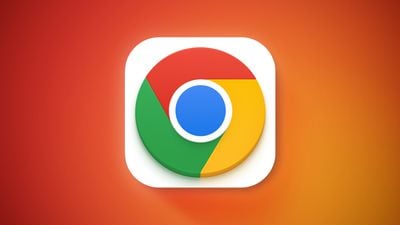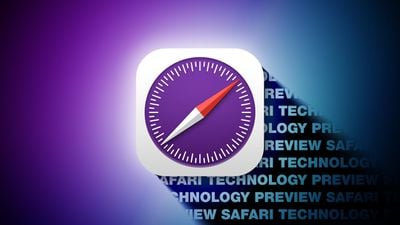As we get into the final months of 2024, now is a good opportunity to look back at devices and accessories that Apple discontinued throughout the year.

Apple products discontinued this year include the iPad 9, SuperDrive, FineWoven cases for the iPhone, and the Powerbeats Pro earbuds.
This list excludes most previous-generation devices that were discontinued this year as part of annual updates to Apple's product lineup, such as the iPhone 15 Pro and Apple Watch Series 9. The one exception to this rule is the iPad 9, as that device was discontinued in May, over a year and a half after the iPad 10 launched.
Check out our previous lists of Apple products discontinued in 2023, 2022, and 2021 as well.
iPad 9
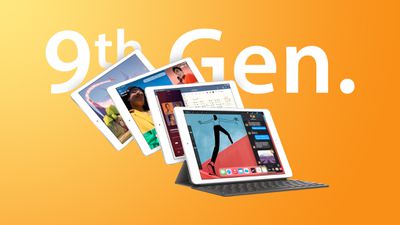
On the same day that it unveiled new iPad Pro and iPad Air models in May, Apple discontinued the ninth-generation, entry-level iPad. In addition, Apple lowered the price of the tenth-generation iPad, which now starts at $349 in the U.S., down from $449.
SuperDrive
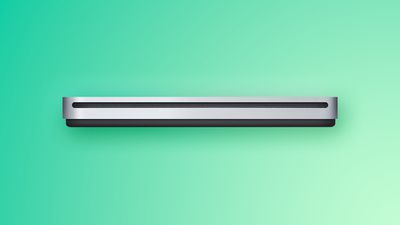
In August, the SuperDrive went out of stock on Apple's online store in the U.S., and it is now listed as sold out or unavailable in all countries. Given it has yet to return, it seems likely that Apple has discontinued the 16-year-old accessory.
Introduced in 2008, the SuperDrive is an external CD/DVD drive that was released alongside the original MacBook Air, which lacked a built-in CD/DVD drive. Despite having an outdated USB-A cable attached to it, the SuperDrive remained available on Apple's online store until just recently, becoming one of the company's longest-sold products.
FineWoven Cases
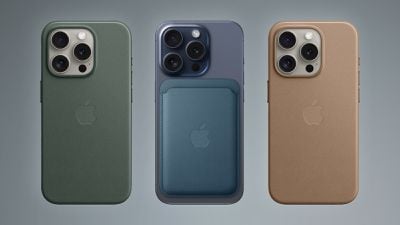
Apple last year discontinued its leather accessories, including iPhone cases, and it introduced a new "FineWoven" fabric material as a replacement.
"FineWoven" cases for the iPhone 15 series were widely panned, and it appears that Apple was well aware of this feedback, as the material is no longer offered for iPhone 16 cases just a year later. It is unclear if Apple will come up with a new solution.
Powerbeats Pro

Apple this month quietly discontinued the Powerbeats Pro, around five and a half years after the wireless earbuds launched.
Powerbeats Pro are a sportier, fitness-focused alternative to AirPods Pro with built-in, adjustable ear hooks for a secure fit. Key features of the original Powerbeats Pro include the H1 chip that debuted in the AirPods 2, IPX4-rated sweat and water resistance, up to nine hours of battery life, and silicone ear tips with four size options.
In a short teaser video last month, Apple revealed that it will be launching new Powerbeats Pro 2 next year. The earbuds look similar to the original Powerbeats Pro, but they have a more vertical, slimmer design. MacRumors contributor Aaron Perris later discovered iOS 18 code revealing that the Powerbeats Pro 2 will feature heart rate monitoring during workouts, and gain support for Active Noise Cancellation, Spatial Audio, and Adaptive Audio.


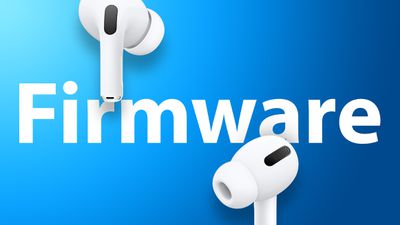



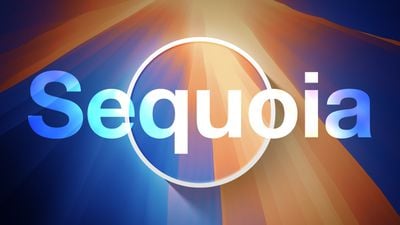
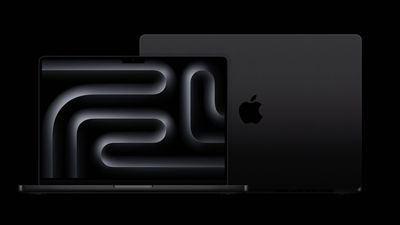

 A concept of a smaller Mac mini
A concept of a smaller Mac mini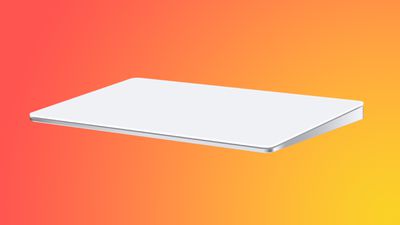




 Note: MacRumors is an affiliate partner with Amazon. When you click a link and make a purchase, we may receive a small payment, which helps us keep the site running.
Note: MacRumors is an affiliate partner with Amazon. When you click a link and make a purchase, we may receive a small payment, which helps us keep the site running.

